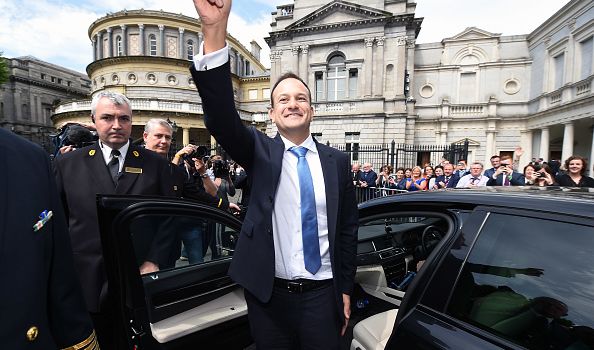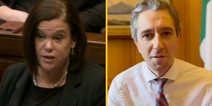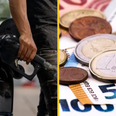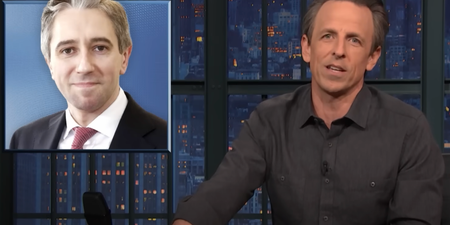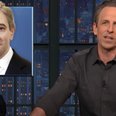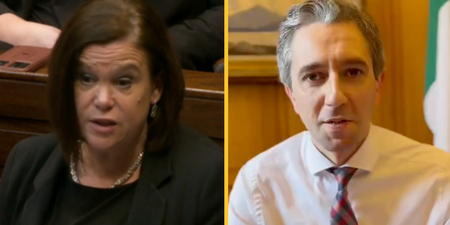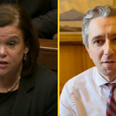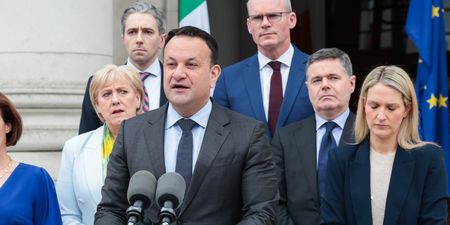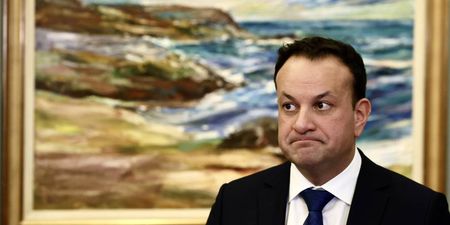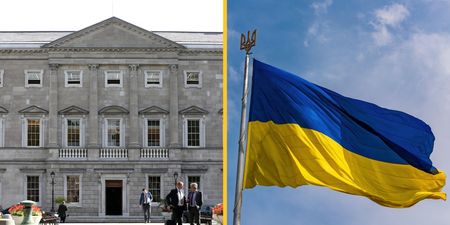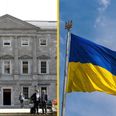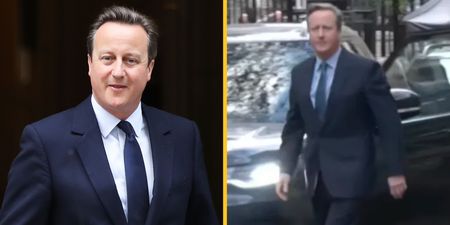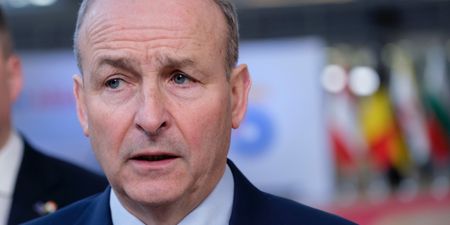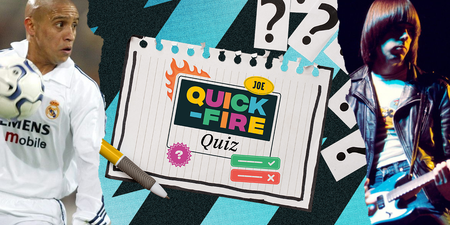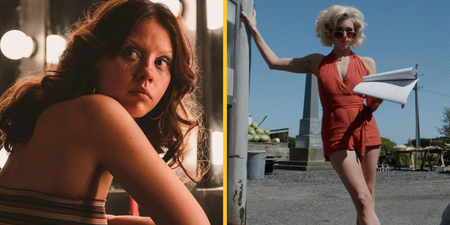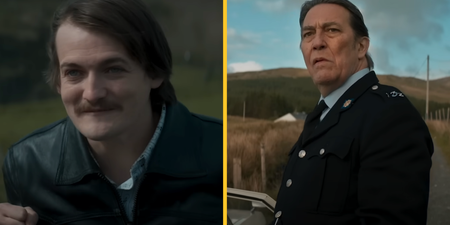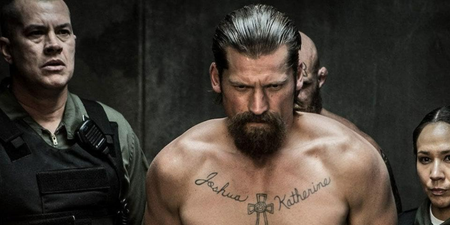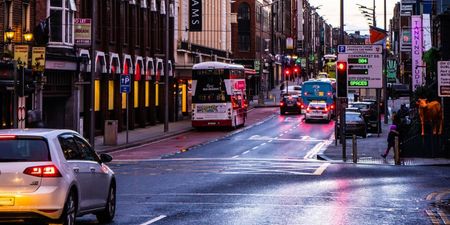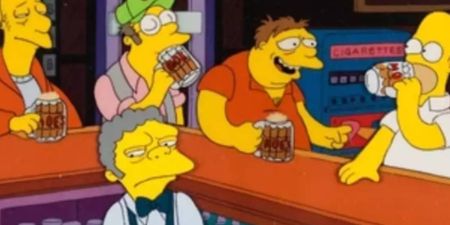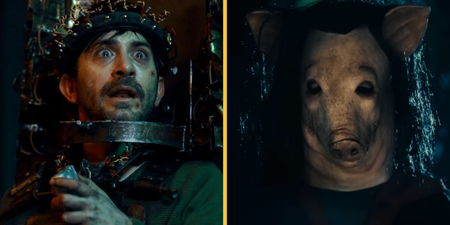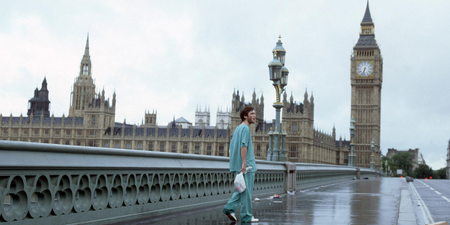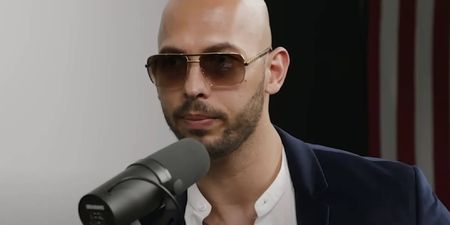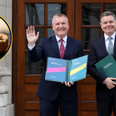Less than three months ago, Fine Gael celebrated with an adoring public in Dublin Castle.
Banners bearing slogans like “I Fancy Simon Harris” were held aloft and politicians, so often maligned in this country, were cheered as they took to the stage.
The party had overseen a referendum to repeal the Eighth Amendment and drag Ireland into the 21st century in a landslide even more emphatic than the decision to legalise same-sex marriage three years earlier.
Dublin Castle was Fine Gael’s lap of honour, but now the party is holding its hamstring.
Credit where it’s due, this Fine Gael government has facilitated social progress better than any government before it. But in Ireland, that’s a very low bar.
On issues that involve cash, compassion or any brain-power whatsoever to assist the less well-off, Fine Gael have switched off the lights and hidden behind the couch.
With every passing week, headlines tell stories of rents that far surpass what we saw during the Celtic Tiger. As the city cries out for comprehensive social housing, it has leaked that 79 hotels are set to be built in Dublin over the next two years. Nothing is being done to curb Airbnb’s affect on renting. Homelessness continues to escalate. Leadership is pointedly absent.
Politicians still speak when they have nothing to say. They only stop once they’re not prepared to deal with a situation. Leo Varadkar, therefore, maintains a conspicuous silence on housing.
That is what is most disturbing about this Fine Gael government. They will not even take steps towards a solution. They won’t even be seen to be thinking about taking steps towards a solution.
They could engage with profiteering landlords and landowners to see if a deal could be struck over putting an end to all the vacant properties. They could actually start exploring the idea of a comprehensive social housing programme. Hell, if they actually wanted to, they could even devise proper, enforcable rent controls.
It’s almost as if Fine Gael isn’t a party of progressive values.
They’ve just given it the ol’ Pontius Pilate, dried their hands and spent dozens of millions on putting up the Pope. They’ve found €32 million for that particular jaunt. Does trickle down economics apply to the papacy? I guess we’ll find out.
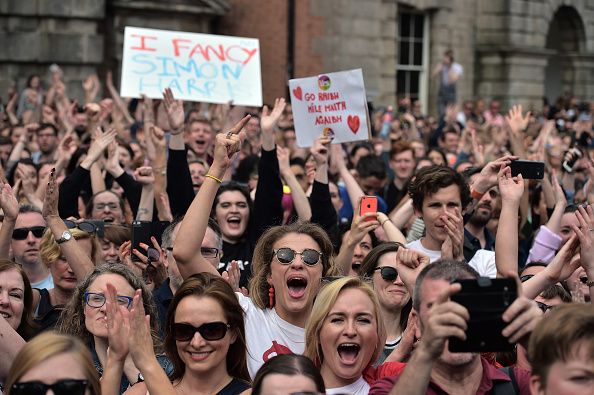
And it’s not just housing where Fine Gael are looking negligent.
Simon Harris, the young Minister for Health and breakout star of the repeal campaign, is now facing the same black hole that swallowed whole every one of his recent predecessors. The first half of 2018 saw over 997,000 people on hospital waiting lists across the country. The trolley crisis has not abated.
Nobody fancies Simon Harris now.
Mothers of children without homes and mothers of children without healthcare have been forced onto social media to drum up social pressure in order to obtain basic human rights.
When one takes these problems – problems which largely affect the poor – alongside Varadkar’s infamous drive against social welfare fraud, it’s quite easy to see a picture of an Ireland that is failing its vulnerable by design. Because it is by design.
And all of this with the other spiked boot of Brexit yet to drop on Ireland’s soft fontanel.
The prognosis there is poor. Sooner rather than later, Ireland could be facing a hard border that precipitates violence. A further weakened pound that drives down exports. Complications around the transport of goods between the UK and Ireland. Confusion over trade agreements.
All of this steaming hot spaghetti is set to spill into Leo Varadkar’s lap, and by the time it does, he’ll have no napkin of goodwill to keep himself clean.
And yet, Fine Gael’s strongest asset remains. They have no viable opposition.
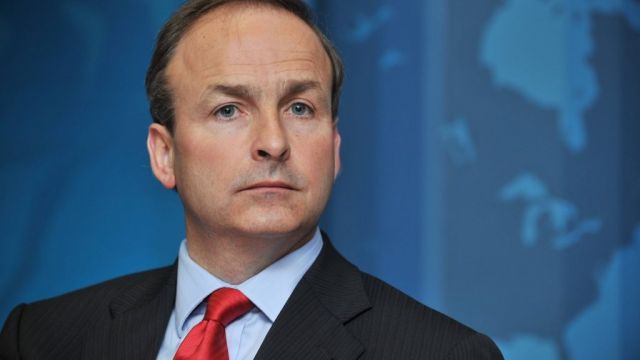
Fianna Fáil, the only other party that has ever governed Ireland in its entire history, are behind by a significant margin — and they are, quite simply, despised by a majority of the public.
Not only that, but there is nothing to suggest that they would do anything differently to the government we already have. They occupy that same centre-right school of thought that prioritises the interests of banks and businesses over the needs of ordinary people. Their brand is synonymous with words like recession, bailout and unemployment.
They also clearly don’t fancy their chances of stealing a march on their old rivals. After all, since they prop up Fine Gael’s minority government, they could force a general election at any time if they wanted. That they don’t speaks volumes. The opportunity was there during the Frances Fitzgerald scandal of late 2017, but Mícheál Martin knew then, as he knows now, that to force an election would only sour the electorate against them even more.
The most recent Sunday Times/Behaviour and Attitudes Survey puts Fianna Fáil’s popularity at its lowest point in two years. A general election now would almost certainly see them lose seats.
As it stands, Sinn Féin is the second most popular party in the country. Still, they are polling at just 22% — far too low for anything like a majority, and Fine Gael Minister for Justice Charlie Flanagan said just two weeks ago that he would not countenance a coalition between the two parties.
Beyond that, the staggeringly weak representation of leftist ideals in Irish parliamentary politics means that the right wing drags us forward, much like a magpie that has been involved in some kind of unfortunate accident. There is no party with a progressive view on housing that could possibly challenge the current government as it stands. According to the polls, the Independent Alliance, Labour and the Green Party are all hovering somewhere around electoral non-existence.
Fine Gael have blown it. Their only saving grace is that we’ve got nobody to take their place.
LISTEN: You Must Be Jokin’ with Conor Sketches | Tiger Woods loves Ger Loughnane and cosplaying as Charles LeClerc
